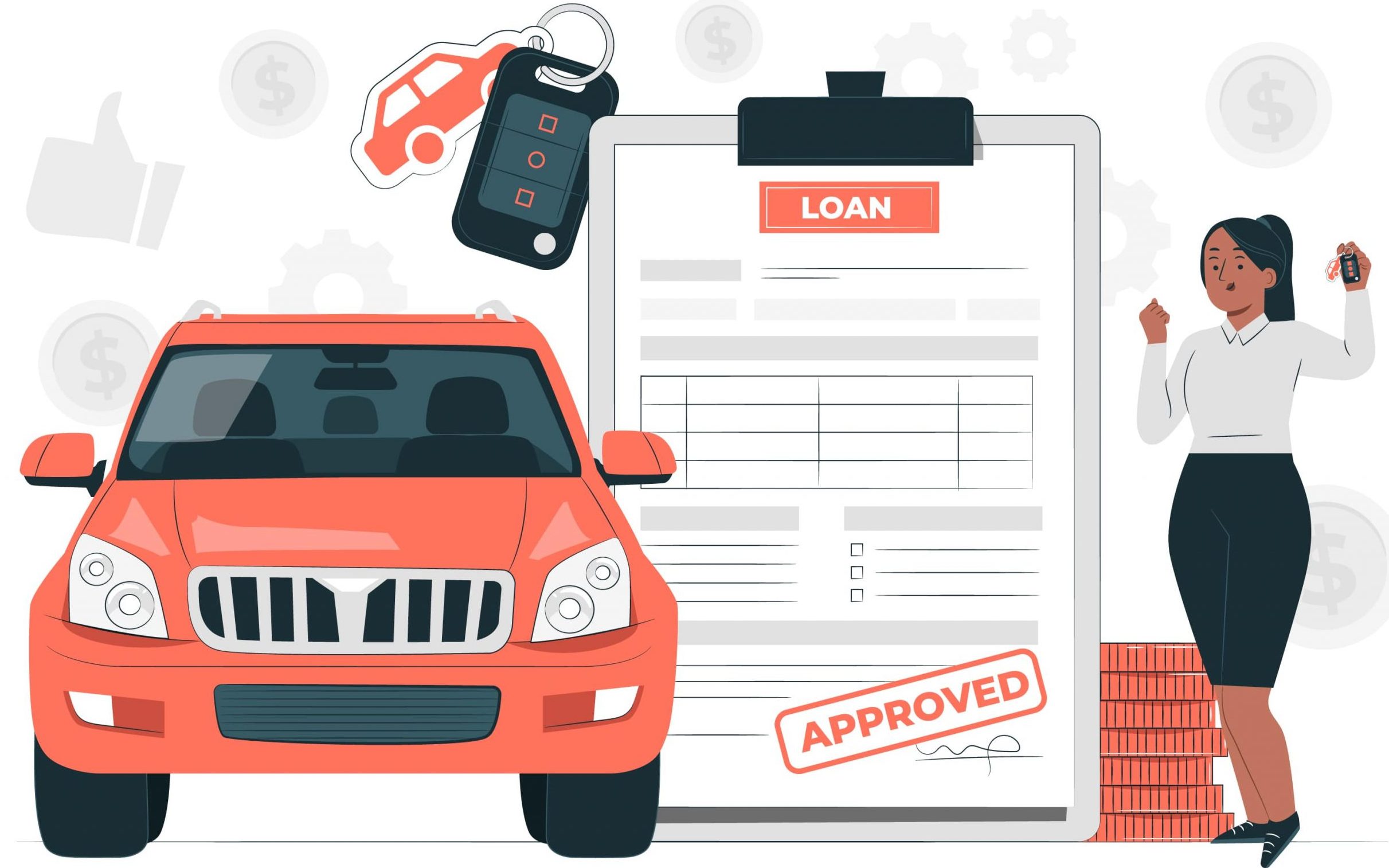Is It Possible to Refinance an Older Car? (PDF)
If you’re pondering whether it’s feasible to refinance an older car, you’ve come to the right place.
Refinancing your auto loan offers an excellent opportunity to lower your monthly payments, reduce your interest rate, and potentially save thousands of dollars in interest payments over the loan’s duration. Nevertheless, refinancing an older vehicle is not as straightforward as refinancing a newer one. Financial institutions and banks often establish specific criteria for older cars, and not all makes and models qualify for refinancing. Whether you’re looking to refinance a classic car or seeking a better rate for your trusty old vehicle, it’s essential to understand your options.
Within this article, we will delve into the intricacies of refinancing older cars, exploring the advantages and disadvantages, eligibility requirements, and where to commence the process.

Is It Possible to Refinance an Older Car?
In short, yes, it is possible to refinance an older car. Many lenders offer refinancing solutions tailored to older vehicles, with eligibility subject to the lender’s discretion. Keep in mind that lenders take on a level of risk when extending loans, and older assets, such as cars, may carry greater risk. Most cars depreciate over time, which means that not all vehicles will qualify for refinancing. However, this doesn’t mean you have no options.
Understanding Car Refinancing
Refinancing a car entails replacing your existing car loan with a new one, ideally featuring more favorable terms. The new loan pays off your old one, and you begin making payments on the new loan. Car refinancing can lead to interest savings, lower monthly payments, or adjustments to your loan term. It is a valuable option that can provide financial relief if you qualify for a lower monthly payment.
Why Refinance an Older Car?
Several reasons might motivate you to refinance your older car. If you are struggling with your current monthly payments, refinancing can offer a chance to secure a lower interest rate, reduced monthly payments, or an extended loan term. Refinancing can be particularly attractive if your credit score has improved since you initially purchased the vehicle, or if you wish to escape a high-interest loan with unfavorable terms. Lenders generally offer better rates to borrowers with strong credit scores and a history of timely payments. Additionally, a shorter loan term could increase your chances of obtaining a better rate. It’s crucial to shop around with multiple lenders to secure the most favorable terms.
What Might Disqualify an Older Car from Refinancing?
Even with a solid credit profile, several factors can lead to a lender rejecting your car for refinancing. These factors include:
- Negative Equity: If you owe more on your car than its current value, it can be challenging to find a lender willing to refinance it.
- High Mileage: Vehicles with high mileage are riskier for lenders and can be challenging to refinance. Higher mileage cars are more likely to experience mechanical issues or require repairs, reducing their value and appeal to lenders.
- Age of the Car: Older cars can pose refinancing challenges due to their perceived risk. The older a car is, the more likely it is to have reliability, safety, and resale value issues. Typically, cars over 10 years old are ineligible for refinancing.
- Salvage Title: Cars with salvage titles may face difficulty in finding a lender willing to refinance them. A salvage title indicates that an insurance company has declared the car a total loss, making it challenging to assess its value and making it less appealing to lenders.
- Modifications: Extensive modifications to your car may deter lenders from refinancing it. These alterations can affect the car’s value and make it less attractive to lenders, as determining its true market value becomes more difficult.
Refinancing Classic Cars
Yes, refinancing classic cars is possible, but it may be more challenging than refinancing newer vehicles. Many lenders perceive classic cars as high-risk due to their age and potential for depreciation. Additionally, assessing the value of classic cars can be complex, making it challenging to secure favorable loan terms. However, if you possess a strong credit history and your classic car remains in good condition, you may find a lender willing to refinance it under specific conditions.

Refinancing Cars with Over 100,000 Miles
Refinancing vehicles with over 100,000 miles is feasible but may present difficulties in locating a willing lender. High mileage typically raises concerns for lenders as new loans may not account for unforeseen mechanical issues. After surpassing the 100,000-mile mark, vehicles tend to depreciate more rapidly, reducing the likelihood of securing refinancing. Nevertheless, if your vehicle remains in good working order and you have comprehensive maintenance records, securing a new loan may still be possible.
Beware of Refinancing Scams
Beware of potential scams, particularly when dealing with older vehicles, as obtaining financing can be more challenging. Scammers may promise exceptional interest rates or claim to be the only option for refinancing your car when, in reality, they may have ulterior motives. Be cautious and stay vigilant for warning signs. The Federal Trade Commission provides information on vehicle scams to help you protect yourself.
Refinancing an Older Vehicle
To refinance an older vehicle, follow these steps:
- Check Your Credit Score: Your credit score plays a pivotal role in determining your eligibility and the interest rate you receive. Prior to applying for refinancing, assess your credit score and consider taking steps to improve it if it’s low. A higher credit score can secure more favorable terms.
- Research Lenders: Not all lenders offer refinancing for older vehicles. Research your options to find lenders specializing in these types of loans. Compare interest rates, fees, and loan terms among potential lenders to secure the most advantageous rates.
- Determine Your Car’s Value: Understanding your car’s value is essential for refinancing. Use online valuation tools to estimate your car’s worth, which will help you determine borrowing limits and expected interest rates.
- Gather Documentation: Before applying, compile necessary documentation such as proof of income, proof of insurance, and proof of ownership. Being prepared streamlines the application process.
- Submit Your Application: Once you have gathered your documents, submit your application to the chosen lender. Ensure you provide all required documentation and respond promptly to any inquiries from the lender.
- Review and Accept the Offer: After applying, await the lender’s response, which can take varying durations. Upon approval, carefully review the loan offer, focusing on interest rates, repayment terms, and associated fees. If satisfied, accept the offer and complete the necessary paperwork.
Private Lenders
If traditional lenders are not receptive to your refinancing needs, consider private lenders. These entities, which can be individuals or non-traditional financial institutions, may offer more flexibility in lending requirements, expedited approval processes, and personalized service. However, private lenders may also charge higher interest rates and fees and may carry additional risks.
Long Story Short
While refinancing an older car is possible, it’s wise to explore alternative options first. Lenders may impose stricter requirements for older vehicles, considering them depreciating assets. Assess your options thoroughly and conduct research on lenders, interest rates, and your vehicle’s condition. Even a well-maintained older vehicle may not qualify for refinancing if it exceeds a certain age or mileage threshold.
For more information about the automotive sector, check out our website: Diminished Value Carolina





